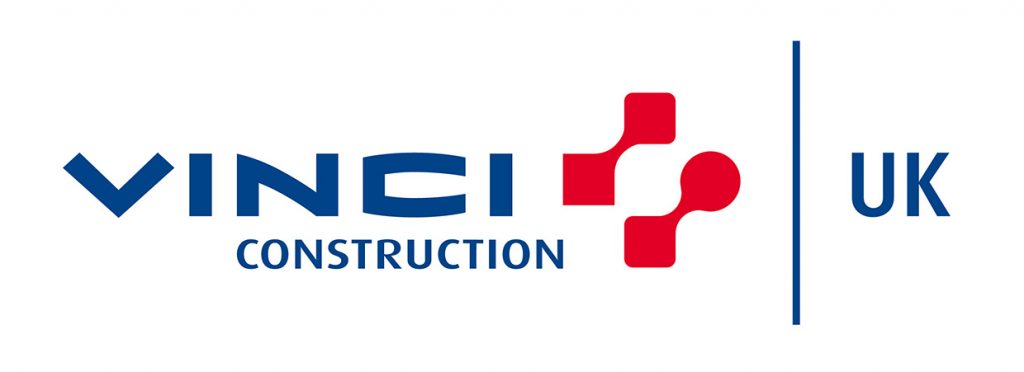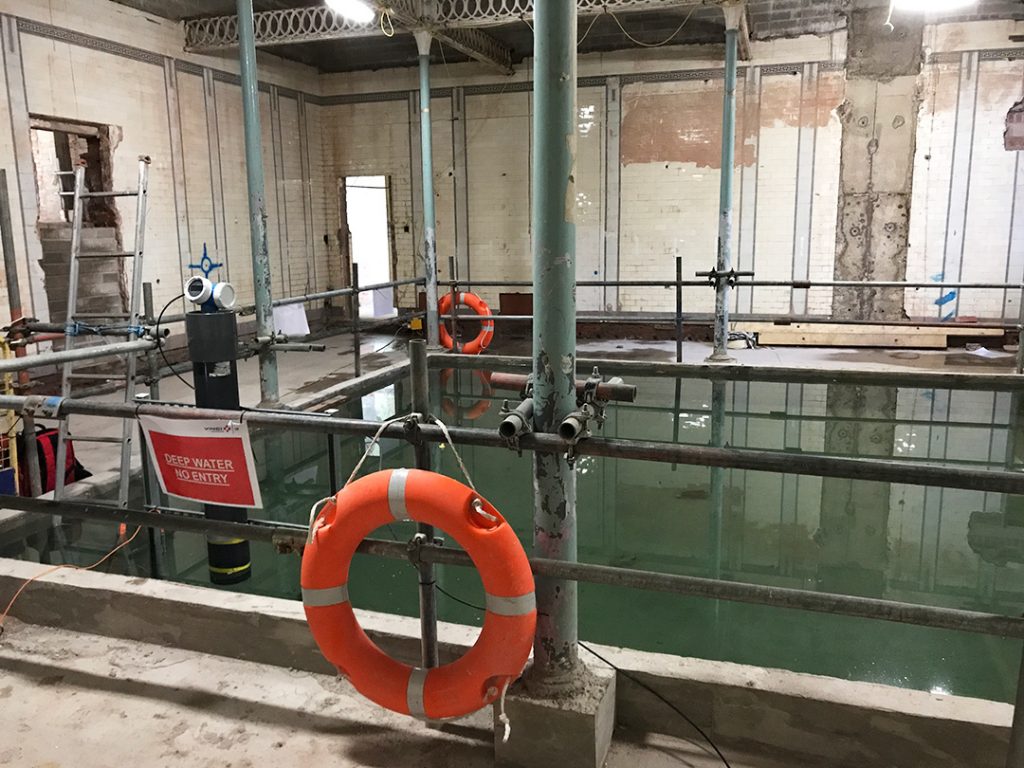Vinci Construction proves compliance during 50m hotel renovation
Vinci Construction UK is a specialist civil engineering, construction and facilities management company. Part of the global Vinci Group, the company undertakes newbuild and refurbishment schemes as well as long-term contracts to operate and maintain assets and facilities. Clients include national government, local authorities, transport bodies, hospitals, universities, housing providers, retailers and commercial firms in every sector.
“Endress+Hauser’s involvement was immensely helpful.”
Jenny Baxter, Senior Engineer, Vinci Construction

The challenge
The refurbishment and remodelling of a Grade I listed building in the heart of the Peak District is one of the most complex construction projects undertaken in the UK in recent years. Main contractor Vinci Construction had the task of redeveloping Buxton Crescent into an 80-bedroom 5-star hotel and adjoining thermal natural mineral water spa.
As well as being architecturally significant, the Georgian and Victorian buildings stand directly above a network of ancient thermal springs, including the only source of natural mineral water used by Nestle’s state-of-the-art bottling plant. This meant that all the construction work, including the development of three swimming pools, had to be carefully monitored.
“It was important the pools didn’t leak,” confirms Senior Engineer Jenny Baxter. “One was built above a restaurant, and any leakage of swimming pool water into the aquifer would have caused a problem for Nestlé.”
In order to protect those resources, Vinci Construction was required to comply with British Standard 8007:1987, which sets the permissible limit for loss of water at 1/500th of the maximum level of the pool, which worked out at around 1 mm during a seven-day test. “The issue for us was how to monitor the water level when we had to record differences of just 1 mm,” explains Jenny. “All our usual techniques weren’t going to work, so we spoke to Nestlé and they suggested getting in touch with Endress+Hauser.”

The solution
In order to meet the British Standard, the pools had to be filled, left to stand for three weeks and then monitored over a week. Endress+Hauser’s FMR60 highfrequency radar device, which is accurate to +/-1 mm, was used to monitor the level, in combination with a reference pool that was built to take into account evaporation and rainfall. Air and water temperatures were also monitored for the duration of the tests. At the end of the test period, the data from the swimming pools and the reference tank was compared to determine the change in level and exported into a spreadsheet from a Memograph M RSG45 advanced data logger.
“We submitted the Excel sheet to the project engineer, and he was delighted with the amount of data he got,” says Jenny. “It was clear from the data that the test had been passed, so it was a good result.”
The benefits
“Endress+Hauser’s involvement was immensely helpful because it was not something we’d done before, certainly not to that level of accuracy,” confirms Jenny. The data produced by the FMR60 was used to prove the British Standard had been met and the pools weren’t going to cause a problem either for the natural spring waters or the refurbished buildings. “It was hugely beneficial for us to be able to hand the data over to the client and show them the pools weren’t leaking. That was really reassuring.”
For more information please email sales@uk.endress.com
or call us on 0161 286 5050


